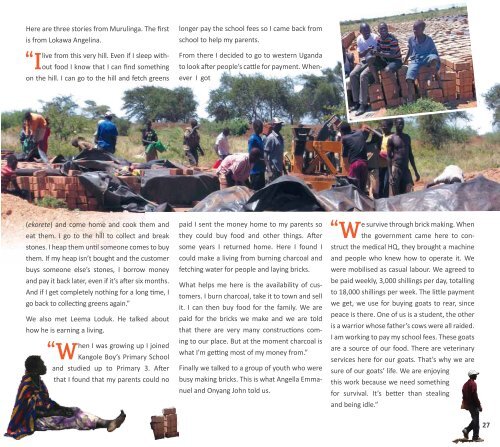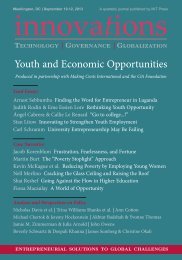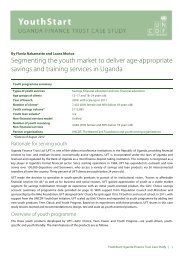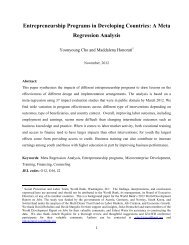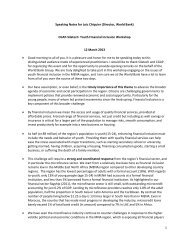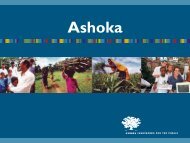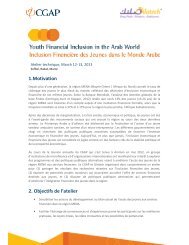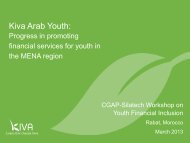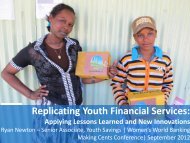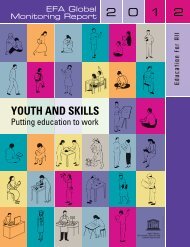Download - Institute of Development Studies
Download - Institute of Development Studies
Download - Institute of Development Studies
- No tags were found...
You also want an ePaper? Increase the reach of your titles
YUMPU automatically turns print PDFs into web optimized ePapers that Google loves.
Here are three stories from Murulinga. The firstis from Lokawa Angelina.“Ilive from this very hill. Even if I sleep withoutfood I know that I can find somethingon the hill. I can go to the hill and fetch greenslonger pay the school fees so I came back fromschool to help my parents.From there I decided to go to western Ugandato look after people’s cattle for payment. WheneverI got(ekorete) and come home and cook them andeat them. I go to the hill to collect and breakstones. I heap them until someone comes to buythem. If my heap isn’t bought and the customerbuys someone else’s stones, I borrow moneyand pay it back later, even if it’s after six months.And if I get completely nothing for a long time, Igo back to collecting greens again.”We also met Leema Loduk. He talked abouthow he is earning a living.“When I was growing up I joinedKangole Boy’s Primary Schooland studied up to Primary 3. Afterthat I found that my parents could nopaid I sent the money home to my parents sothey could buy food and other things. Aftersome years I returned home. Here I found Icould make a living from burning charcoal andfetching water for people and laying bricks.What helps me here is the availability <strong>of</strong> customers.I burn charcoal, take it to town and sellit. I can then buy food for the family. We arepaid for the bricks we make and we are toldthat there are very many constructions comingto our place. But at the moment charcoal iswhat I’m getting most <strong>of</strong> my money from.”Finally we talked to a group <strong>of</strong> youth who werebusy making bricks. This is what Angella Emmanueland Onyang John told us.“We survive through brick making. Whenthe government came here to constructthe medical HQ, they brought a machineand people who knew how to operate it. Wewere mobilised as casual labour. We agreed tobe paid weekly, 3,000 shillings per day, totallingto 18,000 shillings per week. The little paymentwe get, we use for buying goats to rear, sincepeace is there. One <strong>of</strong> us is a student, the otheris a warrior whose father’s cows were all raided.I am working to pay my school fees. These goatsare a source <strong>of</strong> our food. There are veterinaryservices here for our goats. That’s why we aresure <strong>of</strong> our goats’ life. We are enjoyingthis work because we need somethingfor survival. It’s better than stealingand being idle.”27


